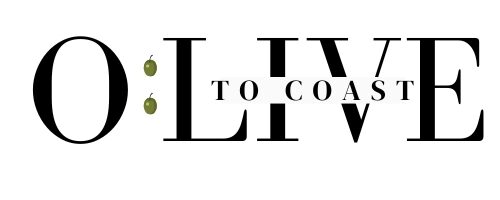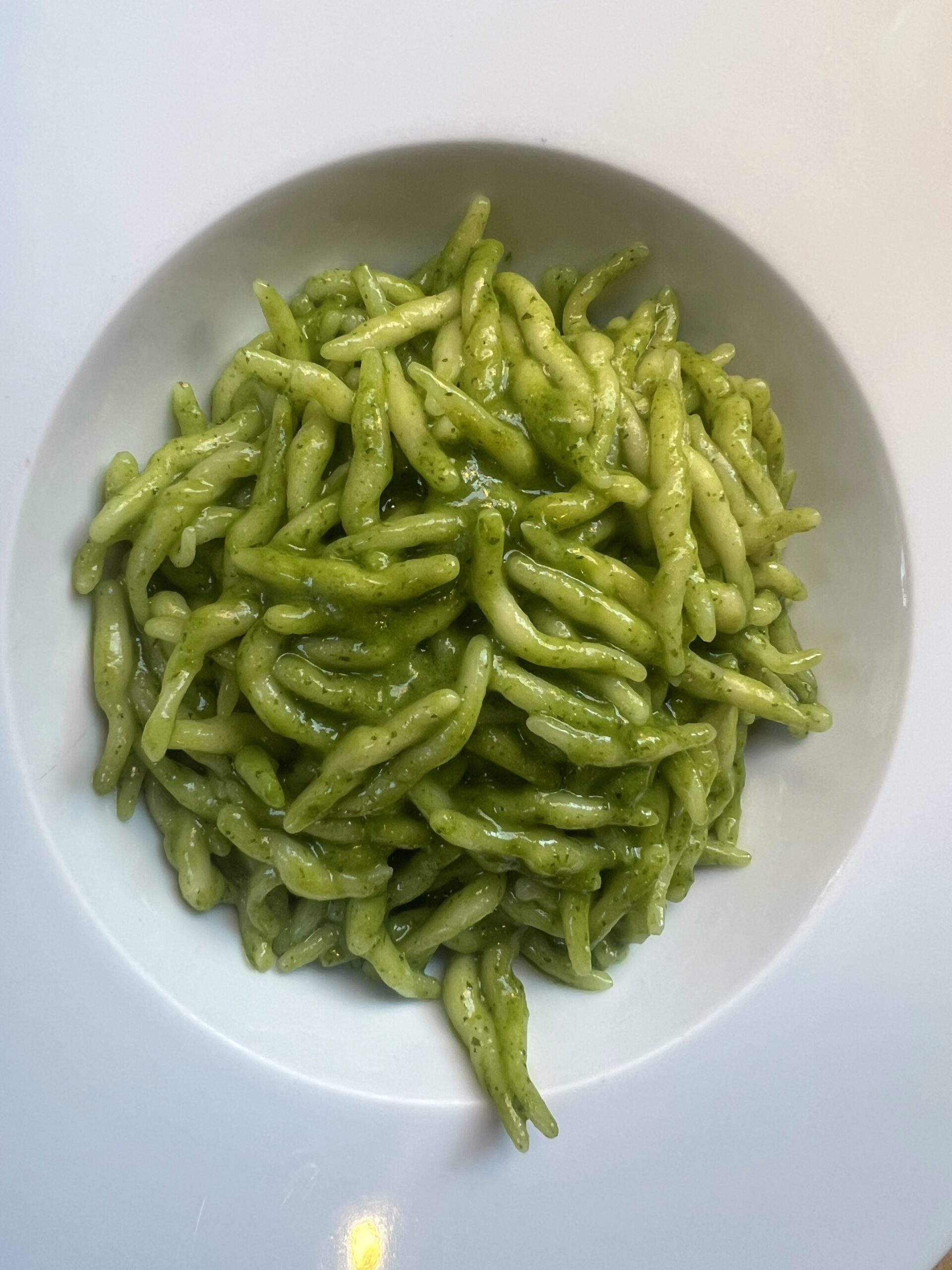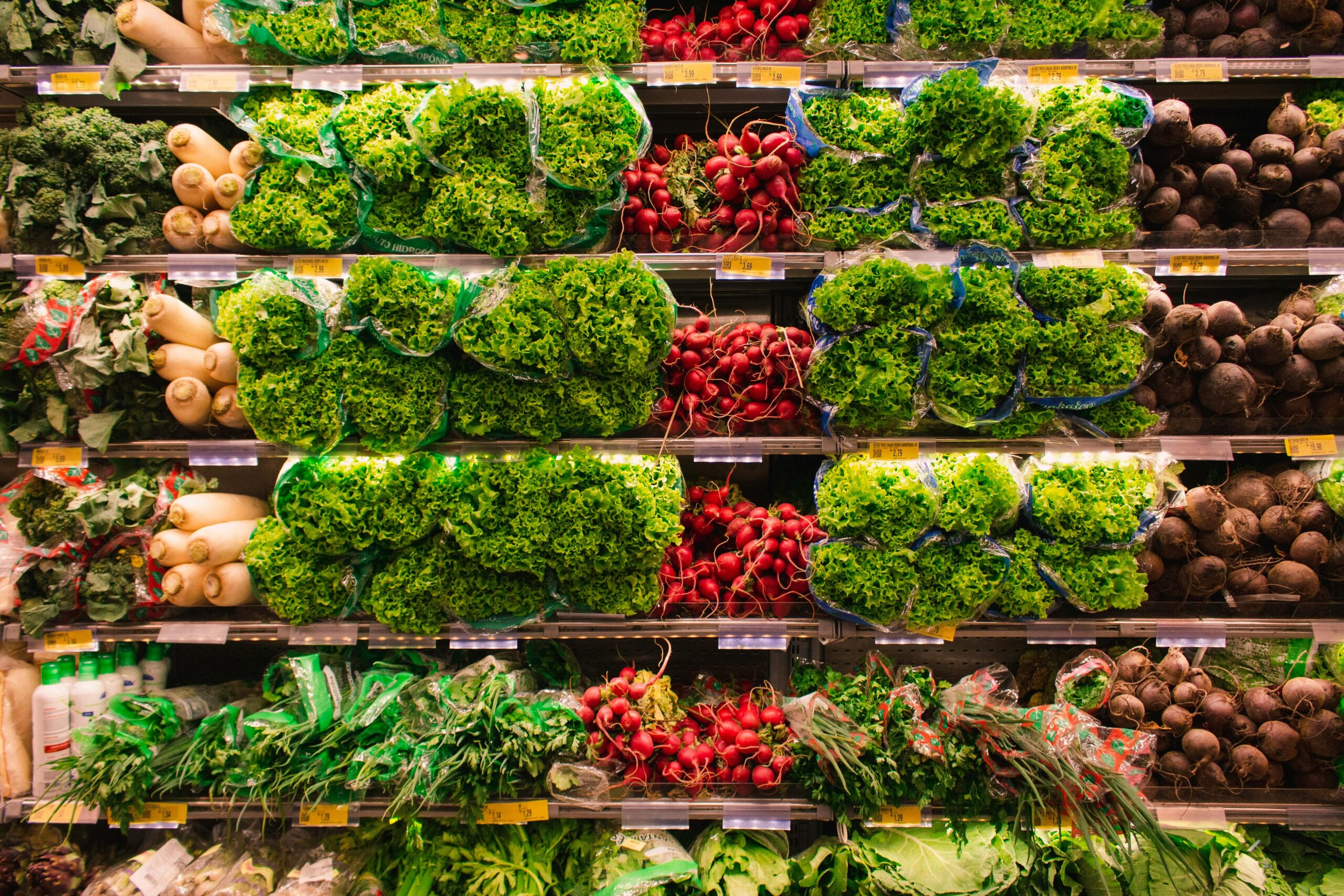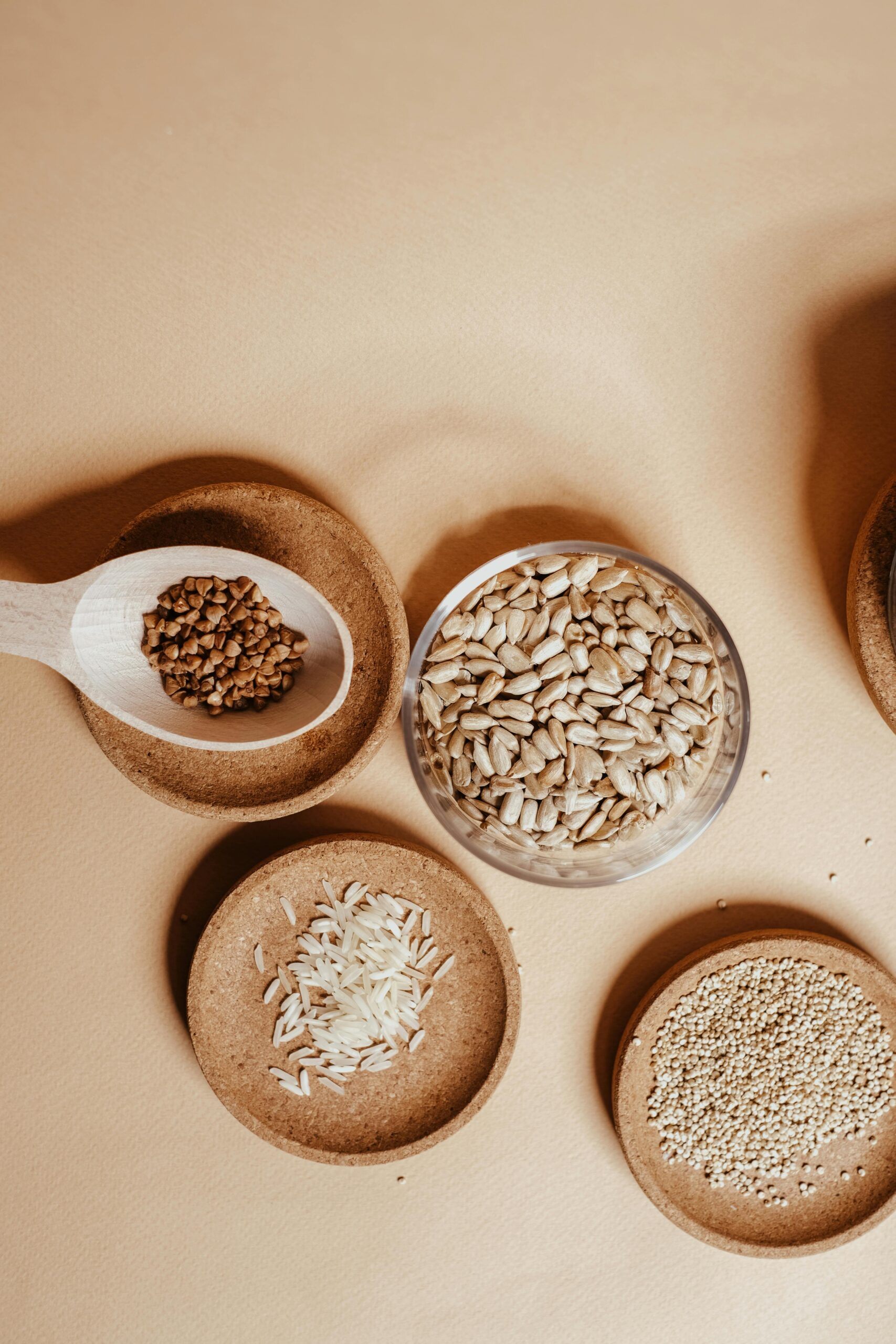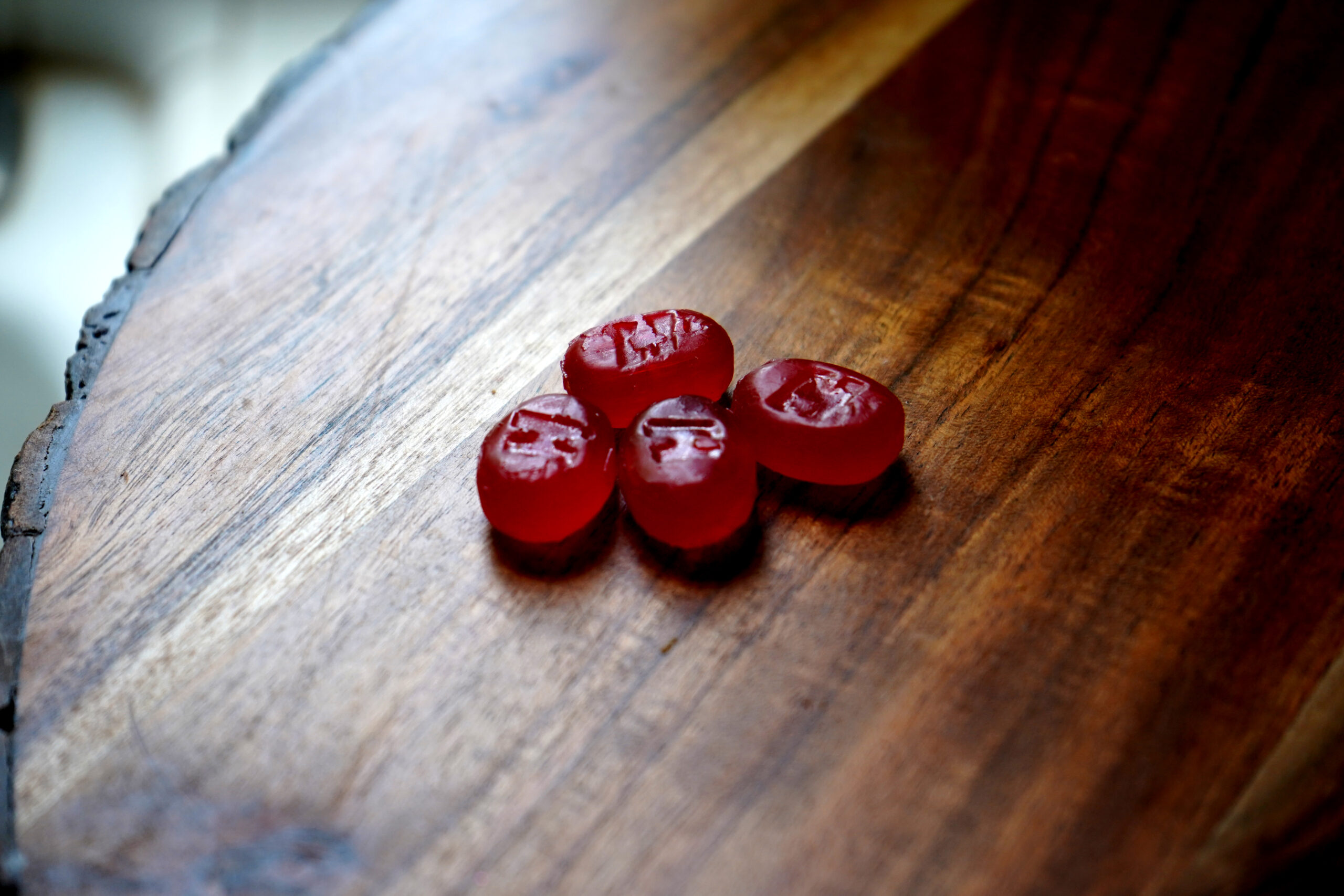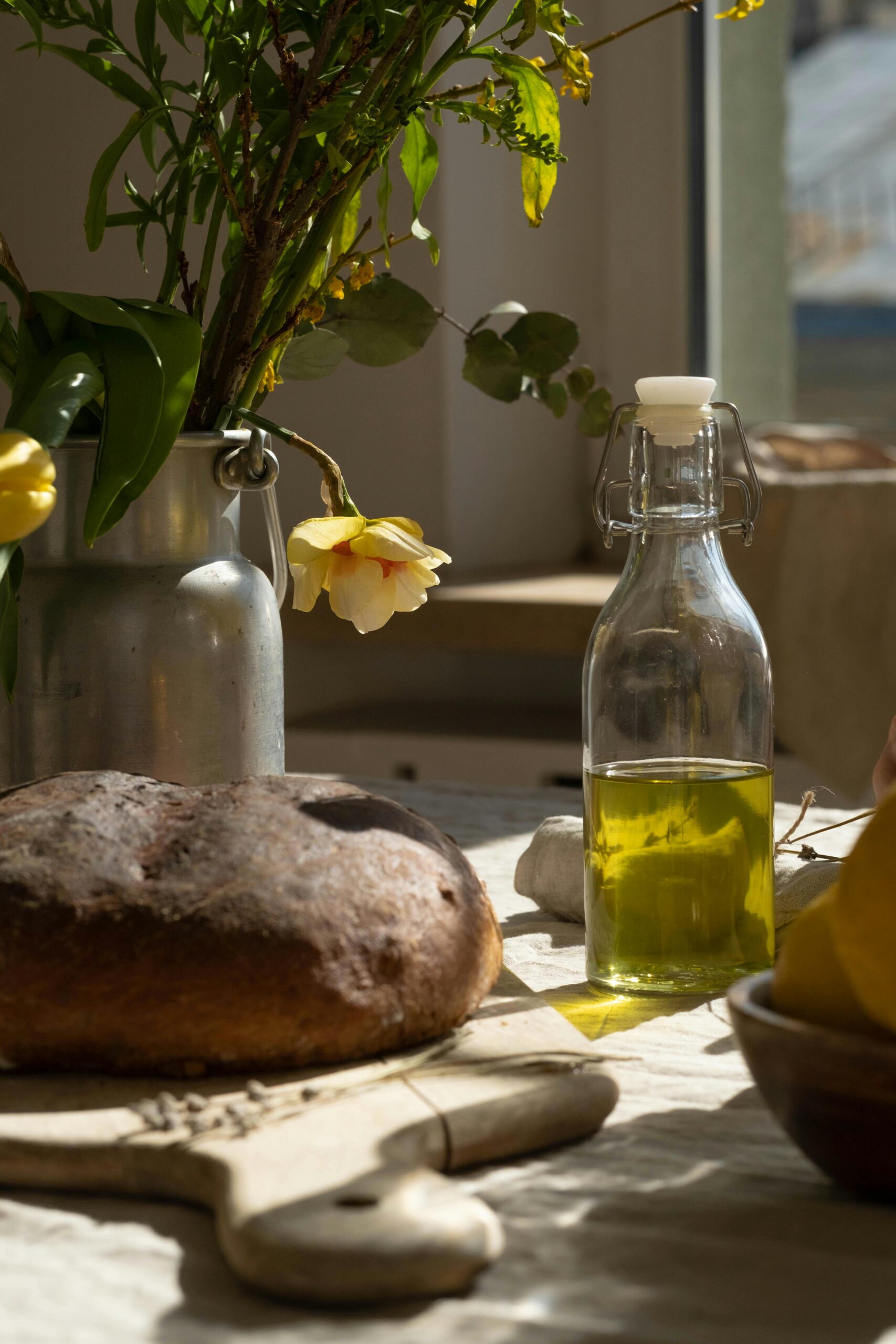How the Mediterranean Diet Works—And Why It’s the Easiest One to Love
(Because life’s too short for kale shakes and guilt.)
Here’s the thing: I don’t do diets.
Not the color-coded meal plans. Not the ones that make you download an app before you’ve even had coffee. And definitely not the ones that want you to survive on air, ice water, and willpower.
Every January, the internet starts shouting about a “new way to eat.” Keto. Paleo. Something with a number. Something that rhymes with “fasting but make it complicated.” And every year, people try—then quietly quit—because it’s exhausting.
Food shouldn’t feel like punishment. It should feel like Italy in June. Like lemon zest and sea breeze.
That’s where the Mediterranean diet comes in. Or rather—the Mediterranean way of eating. It’s not about perfection or deprivation. It’s about slowing down, eating real food, and letting your body feel good again.
Let’s strip away the noise and get back to basics: what to eat, what to skip, and why this simple, centuries-old way of eating still works when every other fad burns out faster than a summer fling.
So, What Is the Mediterranean Diet, Really?
Imagine a table by the sea. There’s bread on it—yes, real bread. A drizzle of golden olive oil. A bowl of lentils that smells like garlic and rosemary. A glass of red wine that somehow pairs perfectly with the laughter spilling out of your friends.
That’s the Mediterranean diet.
Not a “diet” you start on Monday and abandon by Friday. It’s a rhythm of eating born from coastal villages that had access to what was seasonal, local, and alive.
Historically, it came from the kitchens of southern Italy, Greece, and Spain—places where grandmothers still cook without measuring cups and everything tastes like time and care.
It’s about:
- Plants first. Vegetables, beans, whole grains, herbs, fruit.
- Healthy fats. Olive oil, nuts, seeds—what I call “glow foods.”
- Seafood often. Think salmon, sardines, branzino.
- Meat occasionally. A treat, not the main event.
- Wine (maybe). Enjoyed slowly, never alone in your car after work.
- Joy. Because food without joy is just nutrients in disguise.
If you look at a typical Mediterranean meal, it’s colorful, simple, and deeply satisfying. It’s also built on the radical concept that you don’t have to fear your plate.
What to Eat: The Short List (That’s Actually Delicious)
When people hear “Mediterranean diet,” they picture sad salads and salmon on repeat. No, no, no. Let’s fix that.
Here’s what you can eat—and eat often.
The Stars of the Show
- Extra Virgin Olive Oil. Use it like it’s your love language. Cook with it, drizzle it, let it touch every vegetable you meet.
- Vegetables. The more colors, the better. Tomatoes, zucchini, peppers, artichokes, spinach, eggplant.
- Fruit. Oranges, figs, berries, apples, citrus. Dessert doesn’t always need frosting.
- Legumes. Chickpeas, lentils, white beans—humble little miracles of protein and fiber.
- Whole Grains. Farro, brown rice, oats, barley. (No, “carbs” aren’t evil—they just need to come from nature, not a vending machine.)
- Nuts & Seeds. Almonds, walnuts, pistachios. A handful a day keeps you happy and crunchy.
- Herbs & Spices. Basil, oregano, parsley, mint, garlic. Flavor is your friend.
The Supporting Cast
- Fish & Seafood. Aim for a few times a week. Grilled, baked, tossed into pasta—no deep fryer required.
- Poultry & Eggs. A moderate, reliable source of protein.
- Yogurt & Cheese. Greek yogurt, feta, pecorino. Think “a sprinkle,” not “a mountain.”
The Little Indulgences
- Red Wine (optional). If you drink, do it the Mediterranean way—socially, with food, and joy.
- Dark Chocolate. A square, not a slab.
- Coffee. Espresso, macchiato, cappuccino. Just skip the sugar-bomb versions.
What to Avoid (a.k.a. The “Modern Problems” Section)
The Mediterranean diet isn’t about banning foods—it’s about breaking up with the ones that make you feel like a deflated balloon.
Try to limit:
- Processed foods that come in loud packaging.
- Sugary drinks (looking at you, “vitamin” water).
- Fried fast food—no explanation needed.
- Refined carbs like white bread, pastries, or most breakfast cereals.
- Red and processed meats.
- Margarine and seed oils pretending to be “heart healthy.”
- “Low-fat” anything. If the fat’s gone, something fake replaced it.
The goal is to eat foods your great-grandmother would recognize—and probably cook better than you.
Why It Works (Science, but Make It Sexy)
You don’t need a lab coat or a biology degree to understand why the Mediterranean diet works — just taste buds and common sense. It’s built on real food, not marketing. It’s food that still remembers the soil it came from, food that hasn’t been processed into something your great-grandmother wouldn’t recognize.
But since we’re here, let’s peek behind the curtain — because it’s kind of amazing what happens inside your body when you swap out chaos for olive oil.
Heart Health Royalty
Let’s start with the big one — your heart. The Mediterranean diet is basically the Beyoncé of heart health.
In one of the largest and most respected studies ever done (the PREDIMED trial — over 7,000 people, for my fellow nerds), participants who followed a Mediterranean diet rich in olive oil or nuts lowered their risk of major cardiovascular events by around 30%.
Thirty percent.
That’s like taking the risk of a heart attack, slicing off a third, and still getting to dip your bread in olive oil.
And that’s the beauty of it — this isn’t a diet that punishes you. It rewards you. You still get pasta. You still get bread. You just eat them the way they were meant to be eaten — simply, slowly, and surrounded by plants and good company.
That’s the magic: the fats are the right kind (the kind that make your arteries sigh with relief), and the meals are naturally balanced. Olive oil and nuts raise your HDL (the good cholesterol), while lowering LDL (the bad kind). Blood pressure improves. Inflammation eases. Your heart gets to rest easy.
Brain Food
Now let’s talk about your brain — the part of you that remembers where you put your keys and whether you actually replied to that text.
The Mediterranean diet is like a spa retreat for your neurons. Foods like olive oil, fish, leafy greens, and nuts are packed with omega-3s, vitamin E, and polyphenols — basically antioxidants wearing lab coats.
Research shows this diet can slow cognitive decline and may even reduce the risk of Alzheimer’s and dementia. Translation: you’ll stay sharper, longer. The same healthy fats that nourish your heart also keep your brain membranes flexible, so your thoughts move like silk instead of sludge.
So yes — those spoonfuls of olive oil you drizzle on everything? You’re not being extra. You’re investing in your future self.
Balanced Blood Sugar
If your energy crashes every afternoon feel like a full-body betrayal, this one’s for you.
The Mediterranean diet’s secret weapon? Fiber. Whole grains, beans, fruits, and veggies help your body slow down sugar absorption — so you don’t spike, crash, and end up face-first in a bag of pretzels.
That’s why people who eat this way have a lower risk of developing type 2 diabetes. It’s not about cutting all carbs; it’s about choosing the right ones. Think brown rice instead of white, or farro instead of refined pasta.
Your blood sugar stays steady, your mood follows, and suddenly life feels less like a roller coaster and more like a Vespa ride through Positano.
Inflammation, Be Gone
You’ve heard of inflammation — that word wellness influencers throw around like confetti. But in reality, it’s no small thing. Chronic inflammation is behind everything from arthritis and acne to heart disease and fatigue.
And here’s where the Mediterranean diet shines: it’s anti-inflammatory without being anti-fun.
Olive oil, colorful vegetables, nuts, and herbs are loaded with antioxidants and polyphenols — little molecules that protect your cells from stress. Picture them as tiny firefighters, cooling the embers before they turn into a blaze.
So when you swap fast food for fish, or chips for chickpeas, your body literally calms down. Your cells breathe easier. Your skin glows. Your energy lifts.
Inflammation doesn’t stand a chance against a kitchen stocked with lemon, garlic, and olive oil.
Weight Without Misery
Forget everything diet culture told you about suffering your way to health. The Mediterranean diet isn’t about restriction — it’s about nourishment.
Because this way of eating is naturally satisfying (thanks to all those healthy fats, fiber, and flavor), your body gets full before your willpower runs out. You eat until you’re content, not stuffed.
And here’s the twist: when you stop obsessing over calories and start focusing on quality, your body quietly finds its balance. Study after study shows people who follow a Mediterranean-style diet lose or maintain weight — withoutcounting every bite or downloading another app that yells at you about your macros.
It’s the opposite of diet misery. It’s food freedom, with olive oil on top.
The “It’s a Lifestyle” Bonus
Here’s where the science gets surprisingly poetic: the Mediterranean diet isn’t just what’s on your plate — it’s how you live around it.
It’s the laughter around the table. The walk after dinner. The pause between bites. The glass of wine shared instead of chugged.
Studies show that people who eat this way — who move daily, spend time outdoors, and connect with others — live longer, happier lives. And not just longer in years, but fuller in the ways that matter: less stress, better mood, more meaning.
Because health isn’t just about cholesterol numbers. It’s about joy. Connection. That small, sacred moment when you take your first sip of espresso and think, this is exactly where I’m meant to be.
How to Start (Without Overthinking It)
If you’ve ever Googled “how to start the Mediterranean diet,” you’ve probably been overwhelmed by meal plans, grocery lists, and words like “macros.” Let’s make it simple.
Step 1: Clean the Slate
Look at your pantry. Anything that screams science experiment? Out. Keep the ingredients your grandmother could pronounce.
Step 2: Stock the Basics
- Olive oil (EVOO forever)
- Whole grains
- Beans and lentils
- Canned tuna or sardines
- Nuts
- Fresh produce
- Herbs and garlic
Step 3: Start Small
You don’t need to become Greek overnight. Pick one meal a day to make Mediterranean. Breakfast with yogurt and fruit. Lunch with lentil soup. Dinner with roasted fish and veggies.
Step 4: Use My Rule of Three
Every plate = 3 plants + 1 protein + a drizzle of olive oil. That’s it.
Step 5: Make It Fun
Play Italian music. Pour a glass of wine. Cook barefoot. (Trust me, it helps.)
Step 6: Enjoy the Process
The Mediterranean lifestyle isn’t about rushing. It’s about savoring. It’s about slowing down long enough to actually taste your food—and your life.
Common Excuses (and How to Laugh at Them)
Let’s be honest — every time we try to change how we eat, the excuses start piling up faster than an Italian grandmother refilling your plate. So let’s call them out and laugh at them together.
“It’s too expensive.”
Not if you swap out takeout for beans and veggies. Olive oil costs less than a week’s worth of drive-through guilt. And guess what? Lentils are cheaper than lattes.
“I don’t live by the sea.”
No problem. The Mediterranean mindset travels well. Use what’s local to you — tomatoes are tomatoes whether you’re in Tuscany or Tulsa. It’s about principles, not geography.
“I don’t like fish.”
Start small. Try it fresh, with lemon and herbs. Or swap it for chicken or beans. You’re not kicked out of the club. The Mediterranean diet is flexible — not judgmental.
“I’ll get bored.”
You won’t. Have you seen Mediterranean recipes? From Greek salads to Sicilian pasta to roasted veggies with feta — every region has its own magic. Boredom is impossible when olive oil and garlic exist.
“I want quick results.”
This isn’t a crash diet — it’s a quiet revolution. The results sneak up on you: clearer skin, better sleep, steady energy. You’ll start glowing, and everyone will ask if you changed moisturizers.
“I don’t have time to cook.”
Fair. But Mediterranean cooking isn’t about five-hour dinners — it’s about simplicity. Chop, drizzle, roast, done. Half the dishes come together faster than waiting for delivery.
“I hate salads.”
Same — if we’re talking about the sad, soggy ones. But Mediterranean salads aren’t punishment food. They’re layered with beans, cheese, herbs, and lemon. They taste like summer on a fork.
“I travel too much to eat healthy.”
Then you’re in luck — the Mediterranean diet was made for travelers. You can eat this way anywhere: a baguette, some olives, a piece of cheese, and you’re golden.
“My family won’t eat this stuff.”
They will — once you stop announcing it’s ‘healthy.’ Make pasta with veggies, drizzle olive oil on everything, and don’t call it a diet. They’ll come around between bites.
“I don’t drink wine.”
That’s okay — it’s not mandatory. The Mediterranean way celebrates connection, not Cabernet. Pour sparkling water with lemon and call it your mocktail moment.
“I don’t like cooking.”
That’s because you’ve been cooking the wrong way. Cooking Mediterranean-style means color, aroma, flavor — not stress. You’ll fall in love with it once you stop chasing perfection.
“I’ll start next week.”
Sure you will. But here’s a secret: the best time to start was yesterday; the next best is the next meal. Just drizzle some olive oil on something — congratulations, you’ve already begun.
A Week in the Life (Mediterranean Edition)
| Day | Breakfast | Lunch | Dinner |
| Monday | Greek yogurt + honey + walnuts | Chickpea salad with tomatoes & cucumber | Grilled salmon + roasted zucchini + quinoa |
| Tuesday | Whole-grain toast + avocado + olive oil | Lentil soup + side of fruit | Lemon chicken + farro + greens |
| Wednesday | Oats with berries + almonds | Tuna and white bean salad | Pasta tossed with olive oil, garlic, and spinach |
| Thursday | Smoothie with spinach, banana, oat milk | Hummus wrap with veggies | Shrimp with roasted peppers and feta |
| Friday | Yogurt + figs + drizzle of olive oil | Mediterranean bowl with grains and roasted veggies | Pizza night—whole grain crust, lots of veggies |
| Saturday | Eggs with herbs + tomatoes | Caprese salad | Grilled steak (small portion) + veggies |
| Sunday | Croissant or pastry (yes, really) + espresso | Big salad with olives and nuts | Pasta with clams + glass of red wine |
The Big Picture
The Mediterranean diet isn’t a secret—it’s a homecoming. A return to what your body already knows and your heart’s been missing: food that nourishes, connects, and delights.
For decades, we’ve been taught to eat by rules, charts, and calorie counters—like health is a math problem we can solve with enough discipline. But the Mediterranean way laughs softly at all that. It’s not about restriction; it’s about rhythm. It’s the slow pulse of life that says, sit down, breathe, taste.
It reminds us that food is more than fuel. It’s story. It’s heritage. It’s the reason Nonna kept a garden out back and refused to measure anything when she cooked. It’s the smell of garlic hitting olive oil in a pan. The sound of laughter bouncing off the walls as someone passes the bread basket.
This way of eating isn’t about transforming into a “new you.” It’s about rediscovering the real you — the one who enjoys breakfast without guilt, who lingers over lunch instead of rushing through it, who pours olive oil without counting the drizzle.
Start small.
Swap your butter for olive oil — not because it’s trendy, but because it tastes like sunshine.
Add color to your plate — the kind that grew from the earth, not from a factory dye.
Sit down when you eat — even if it’s just for ten quiet minutes.
Invite someone to share the meal — because food tastes different when there’s conversation in the air.
The Mediterranean way whispers that wellness isn’t a finish line. It’s a lifestyle built on pleasure, purpose, and presence. It’s how you move through your day — unhurried, grateful, grounded.
Because at the end of the day, it’s not just about what’s on your fork. It’s about how you live your life around it — how you wake, how you rest, how you feed both body and soul.
So pour the olive oil. Light the candle. Eat something that makes you hum with contentment.
Raise your glass — not to perfection, but to balance. To laughter. To the beautiful mess of being human.
Salute. 🫒
